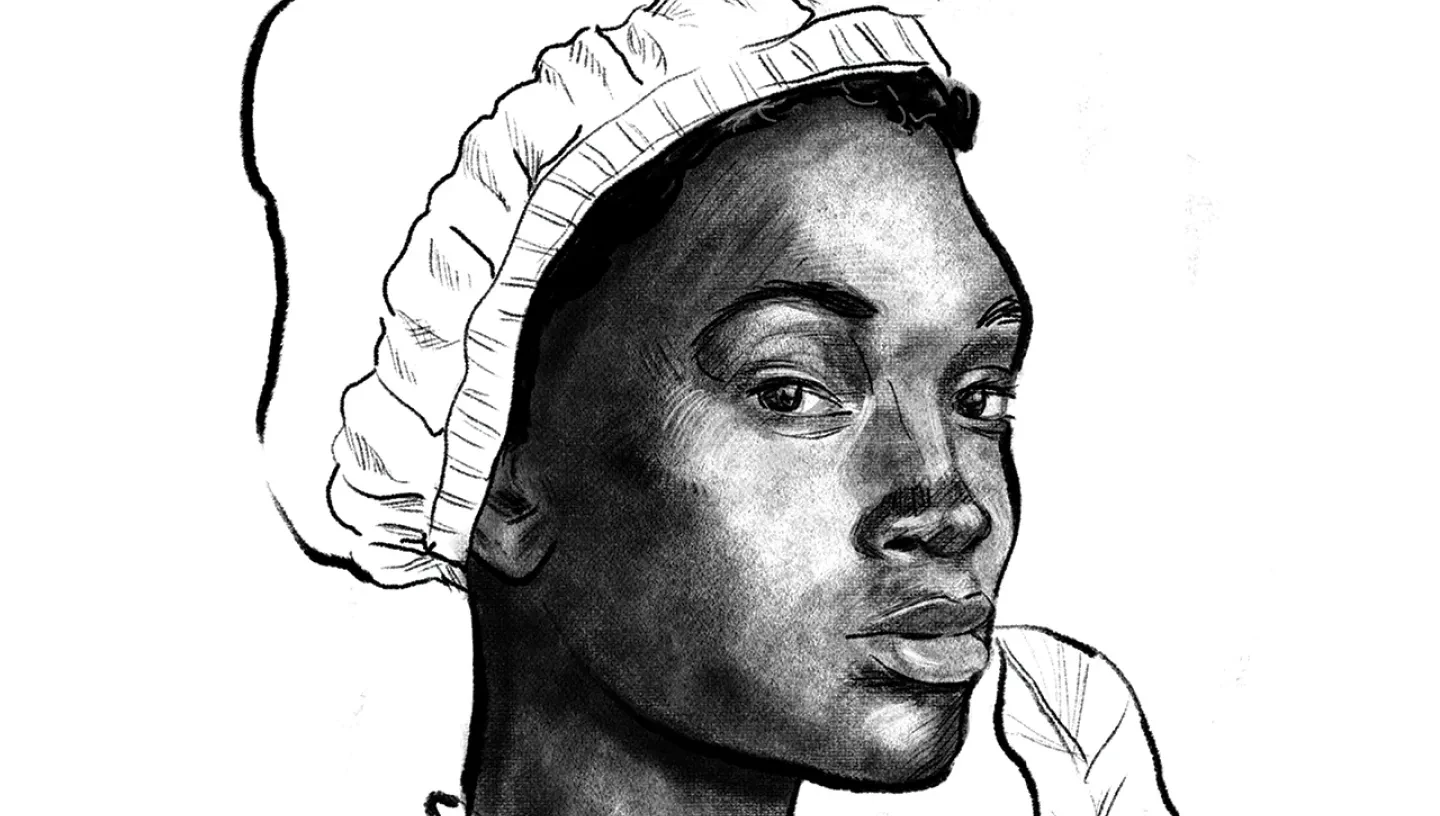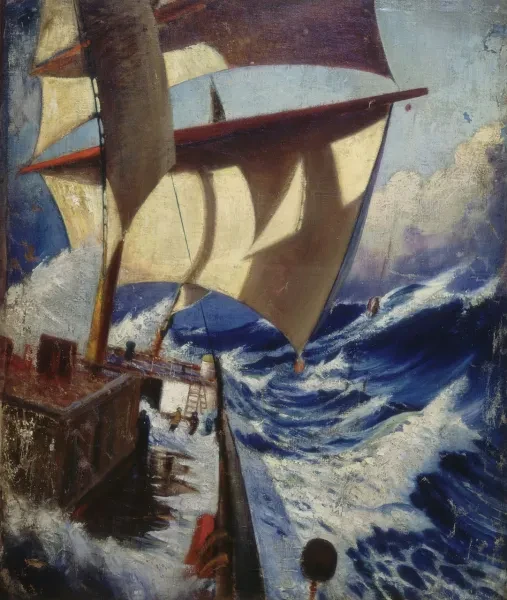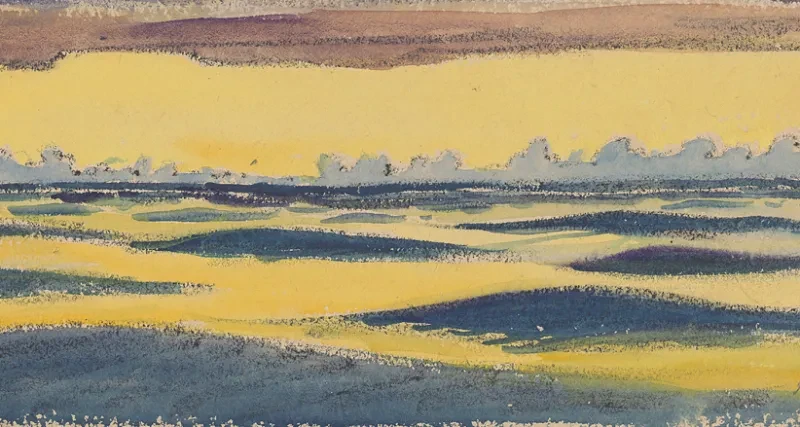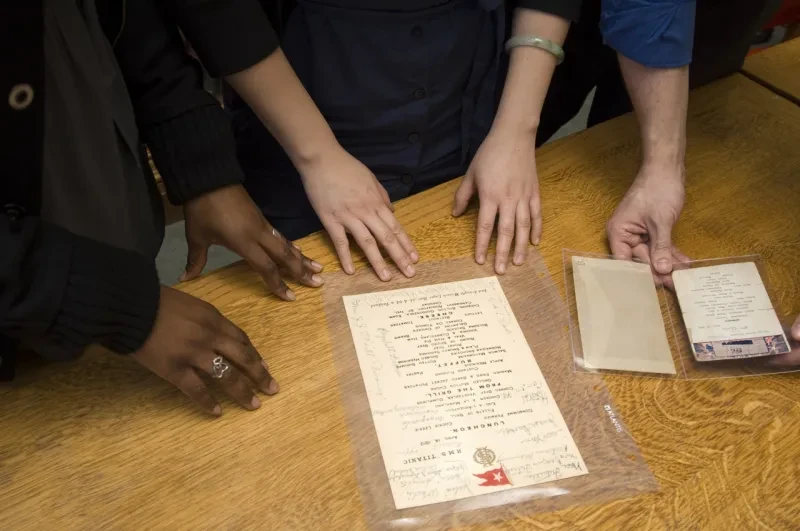
Essential information
| Key Stage | Key Stage 3 |
|---|---|
| School Subject | History |
| Resource Type |
Teacher notes
|
Pre-visit preparations
Thank you for booking a Transatlantic Enslavement Enquiry Day at the National Maritime Museum. This page offers advice on what your learners should know before the session, along with some basic details of the session and suggested post-visit activities.
The session itself
During this session we will be investigating the question 'What can the museum's collections reveal about the lives of enslaved people?' The session comprises 3 activities with an introduction and conclusion. These are:
Historic documents
Led by a member of our Library and Archive Team, learners will look closely at a range of different historical documents. They will also analyse a copy of an historic document in groups
Object handling
Learners will handle different replica objects and consider what they can tell us about the lives enslaved people left behind in Africa, the realities of trading goods for people and the many types of resistance shown by enslaved people.
Gallery visit
Learners will visit the Atlantic Worlds Gallery to look in detail at objects and artworks.
Before the session
We ask that your learners have at least an introduction to Transatlantic enslavement before they arrive. This gives them a framework they can build on during the day. In particular it is useful if you have covered:
- The Transatlantic Trade in Enslaved Africans
- The Atlantic Crossing (Middle Passage)
- Plantation Conditions
- Key dates and events
We also strongly advise you to talk to learners about the emotional impact of this history before they arrive at the museum. We have strategies in place to support them during the day, but the chance to consider this in the familiar territory of their school with their teachers is very useful.
A resource that may support teachers is the Understanding Slavery Initiative. This work was carried out in 2007, and some of the language and ways of looking at this topic has now moved on. Its core principles and approaches remain both valid and useful.
Post Visit Materials - Legacies of Enslavement and Identity
The legacies of transatlantic enslavement continue to shape the world we live in. To help teachers and students investigate this we have created a series of video resources.
Together they allow students to investigate the question 'How do the legacies of Transatlantic Enslavement impact people and their identity today?'
Scroll through the videos and questions below.
We would like to say thank you to all the participants who have contributed their time and knowledge, the experts who worked with us to develop the project and to Chocolate Films who created the videos.


